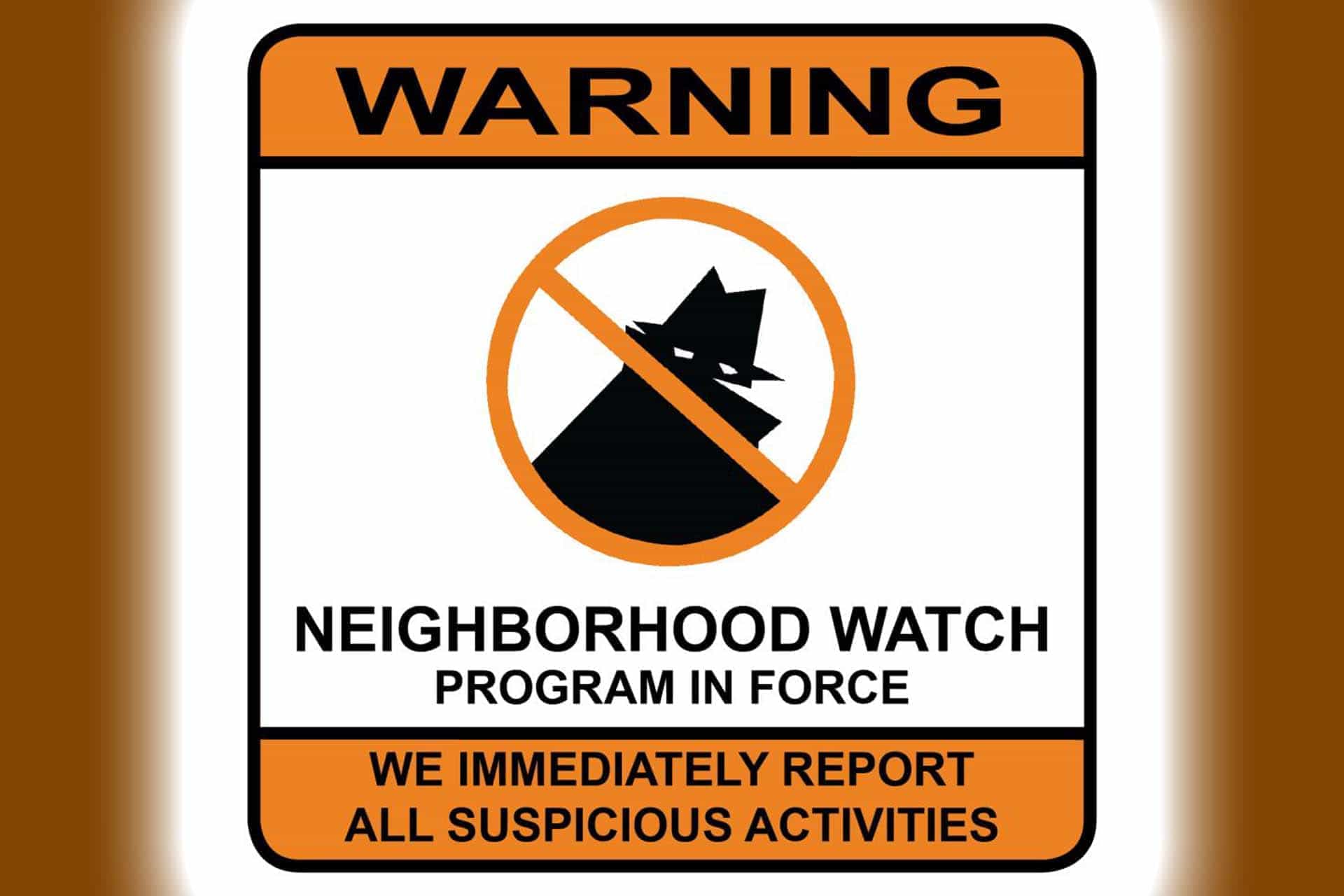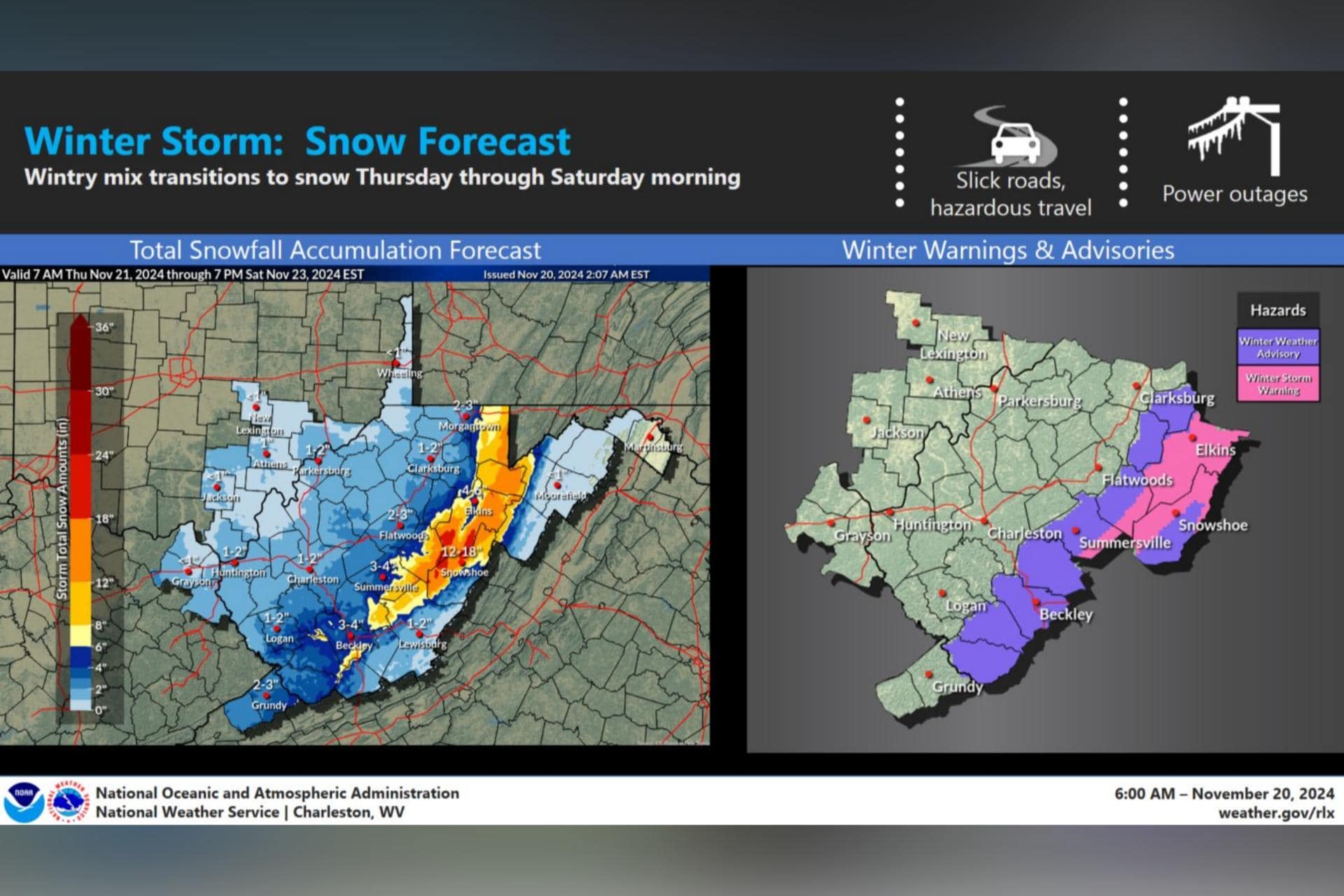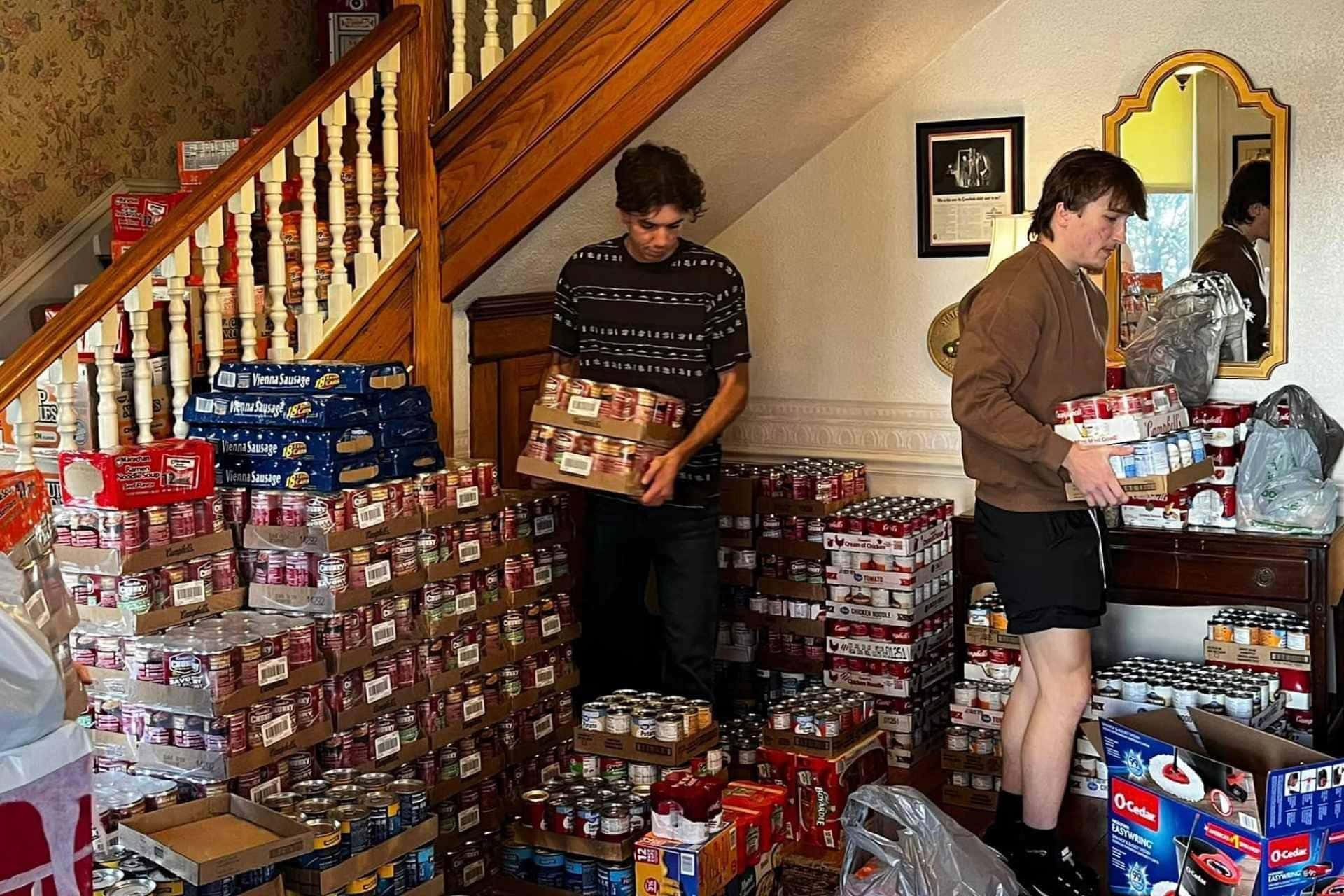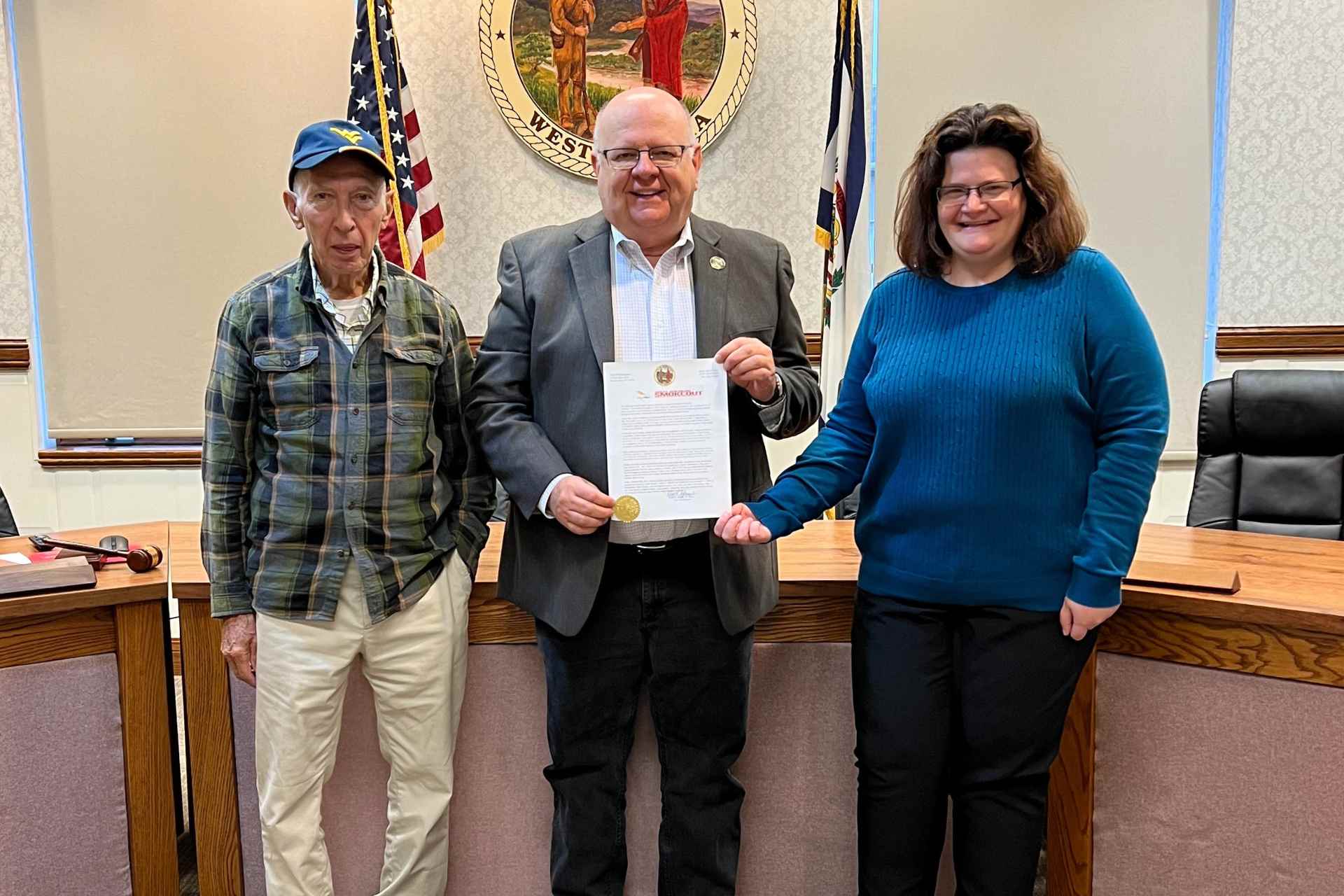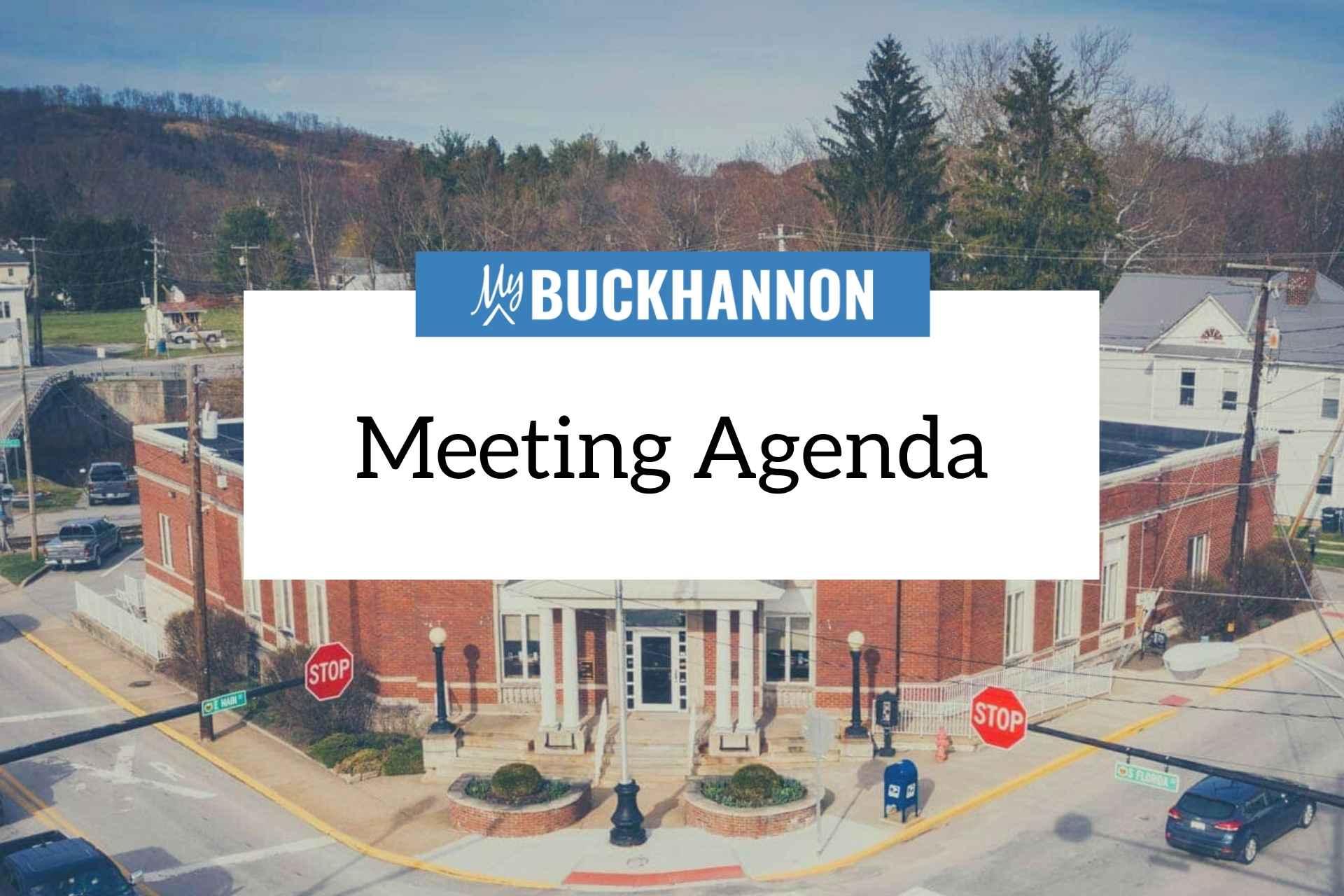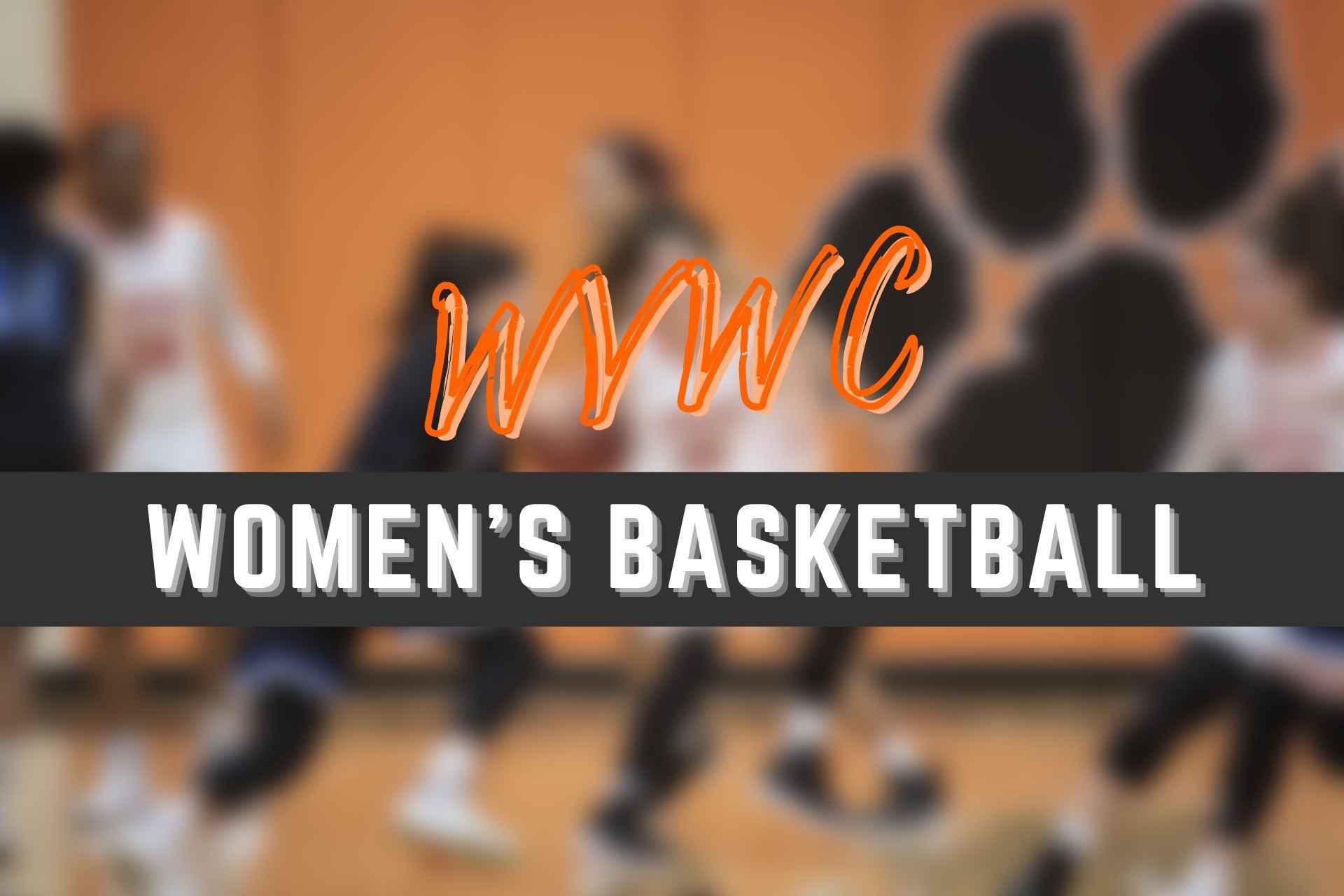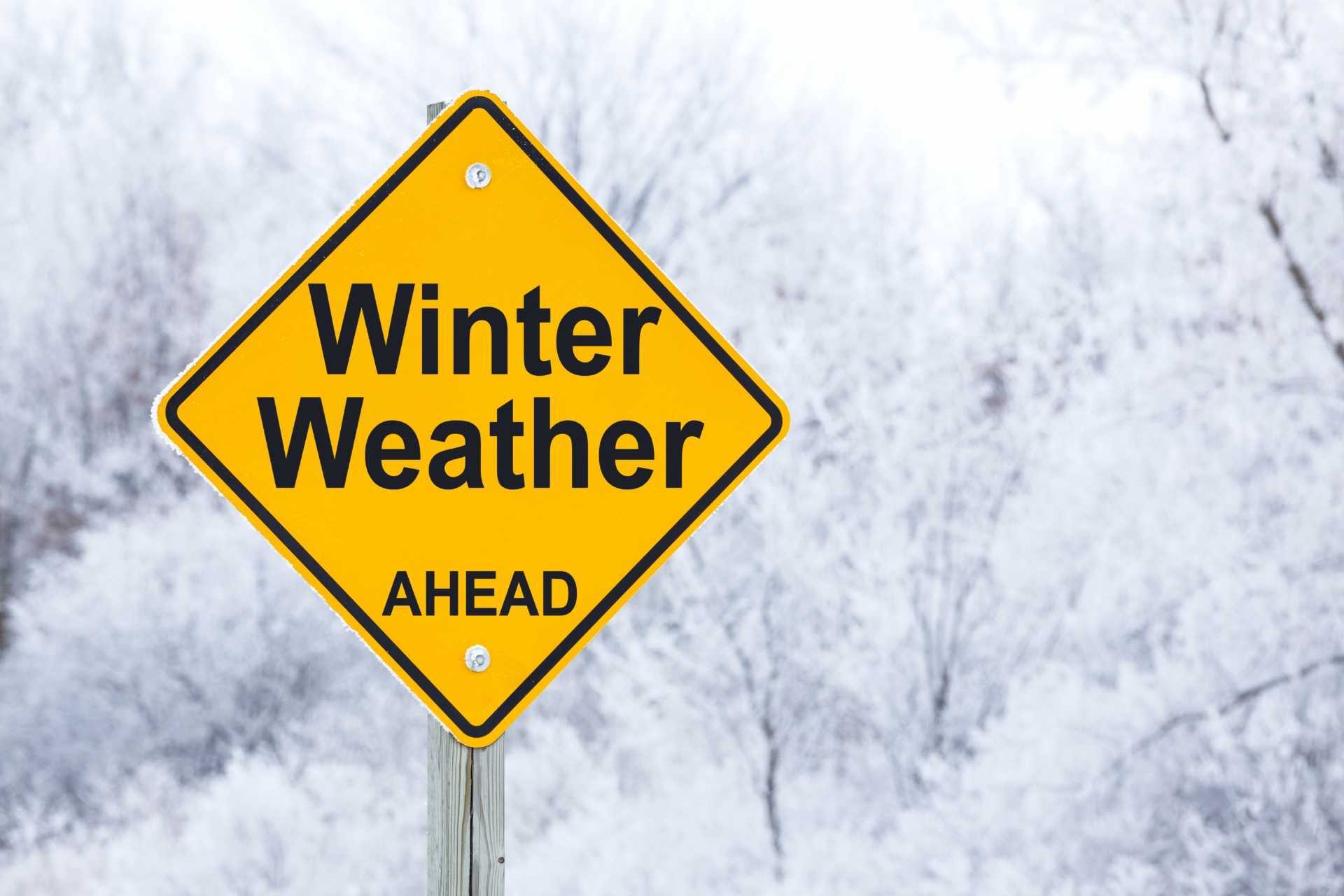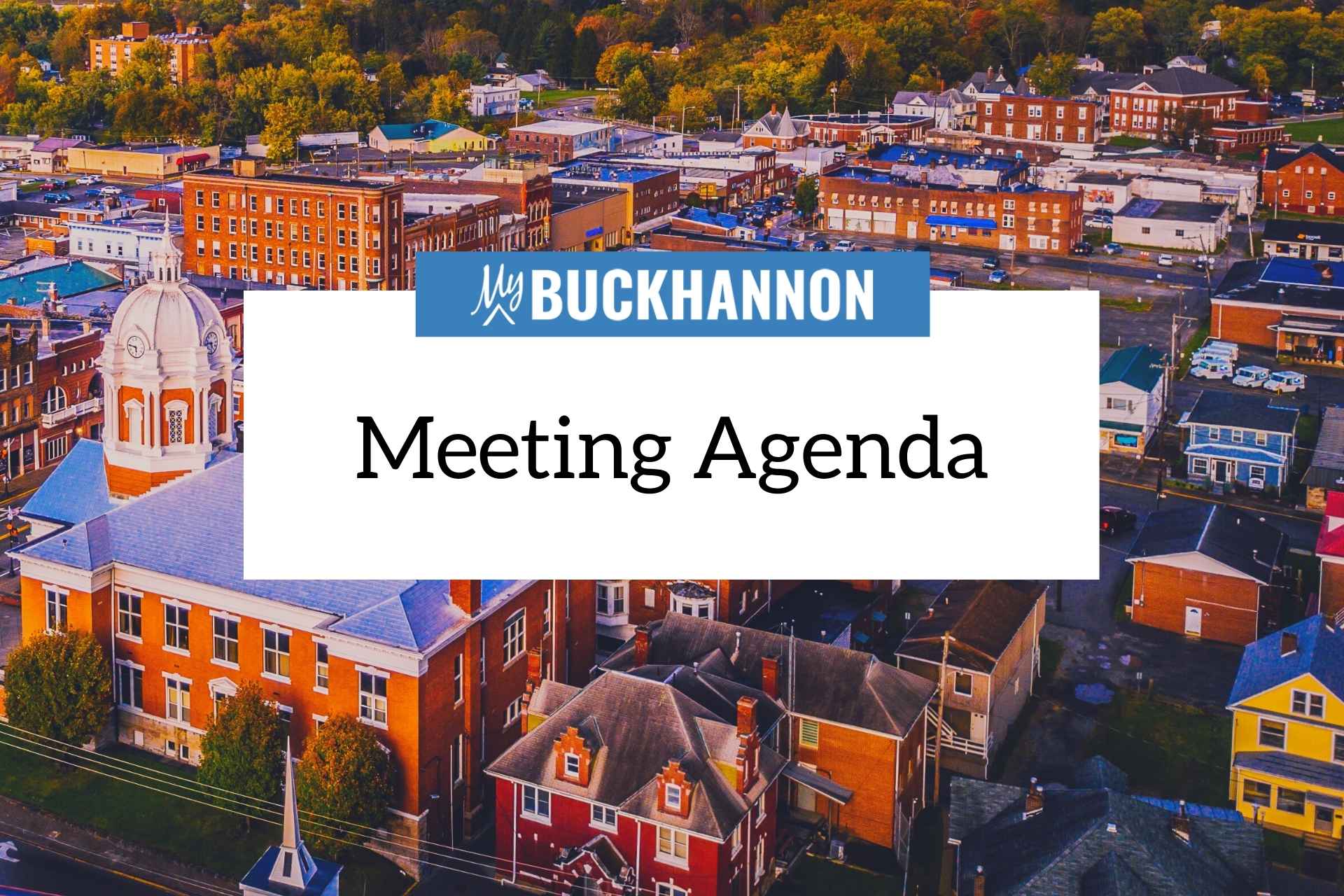Throughout my career, I have seen one truth over and over again and that is for the most part, when crimes are solved it is because someone told you something. Not that I am discounting the latest innovations in forensic technology or sound investigative ability, but at its core, a solid police investigation is made up of information that is received from the public.
Therein lies the central feature of the philosophy of community policing, that is when the police and the public work collectively together to share information and engage in dialogue, then the ability to solve problems in the community itself is greatly enhanced.
One of the best ways to accomplish a community policing partnership is through the formation of a Neighborhood Watch program. This program, in and of itself, is not a police program, but one that is formed by concerned citizens who partner with the police department in order to reduce crime in their various neighborhoods.
As Neighborhood Watch groups come together and meet, neighbors learn how to cooperate effectively not only with one another, but also with law enforcement.
Any resident can be a part of a Neighborhood Watch group. Appropriate first steps to establishing a Neighborhood Watch group would be to talk to your neighbors and gauge their interest in forming a group. In doing so, explain the need for having such a program in your neighborhood. Define the boundaries that would encompass the scope of your Neighborhood Watch group, or in other words, what area defines your “neighborhood.” Then, decide on a location to hold a meeting and invite the police department to attend as well.
Through Neighborhood Watch groups and meetings, citizens can learn how to watch out for one another, how to report suspicious activities or emergencies, and how to better secure themselves and their property against criminal activity. Neighborhood Watch groups can help make more observant and caring neighbors and boost cooperation between citizens and law enforcement.
Nobody knows better what fits and what doesn’t or what’s unusual than the citizens who live in a given neighborhood. By organizing together and coordinating with law enforcement, concerned citizens can help make their communities a safer place to live.
The value of a Neighborhood Watch program cannot be overstated. Communication between the police and the public is paramount to success in achieving safe and crime free communities.
For those who desire more information about Neighborhood Watch or have questions on how to get a group started, please visit the National Neighborhood Watch site at www.nnw.org or contact me at mattgregory@buckhannonpolice.com or at 304-472-5723.
